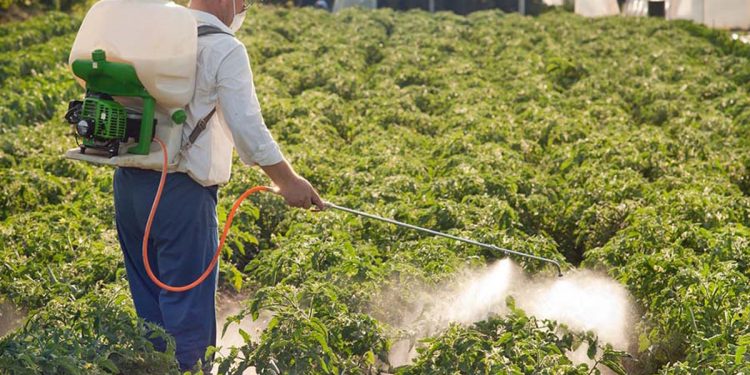Fungicides are an essential tool for farmers worldwide, helping to control fungal diseases and prevent crop losses. However, the overuse of fungicides has led to the development of fungicide resistance in many pathogen populations, reducing the effectiveness of these vital compounds. In this article, we will explore the optimal use of fungicides and its importance in managing fungicide resistance.
According to a recent study published in the journal Nature Communications, the optimal use of fungicides is critical to managing fungicide resistance. The study found that using fungicides in combination with other control measures, such as crop rotation and cultural practices, can reduce the selection pressure on fungal populations and delay the development of resistance.
The study also highlighted the importance of using fungicides in a targeted and strategic manner, focusing on the most vulnerable stages of the fungal life cycle and using the appropriate dose and application method. This can reduce the risk of resistance developing and prolong the effectiveness of fungicides.
In conclusion, the optimal use of fungicides is crucial for managing fungicide resistance and ensuring the continued effectiveness of these essential compounds. By combining fungicides with other control measures and using them in a targeted and strategic manner, farmers can reduce the risk of resistance and protect their crops from fungal diseases.







